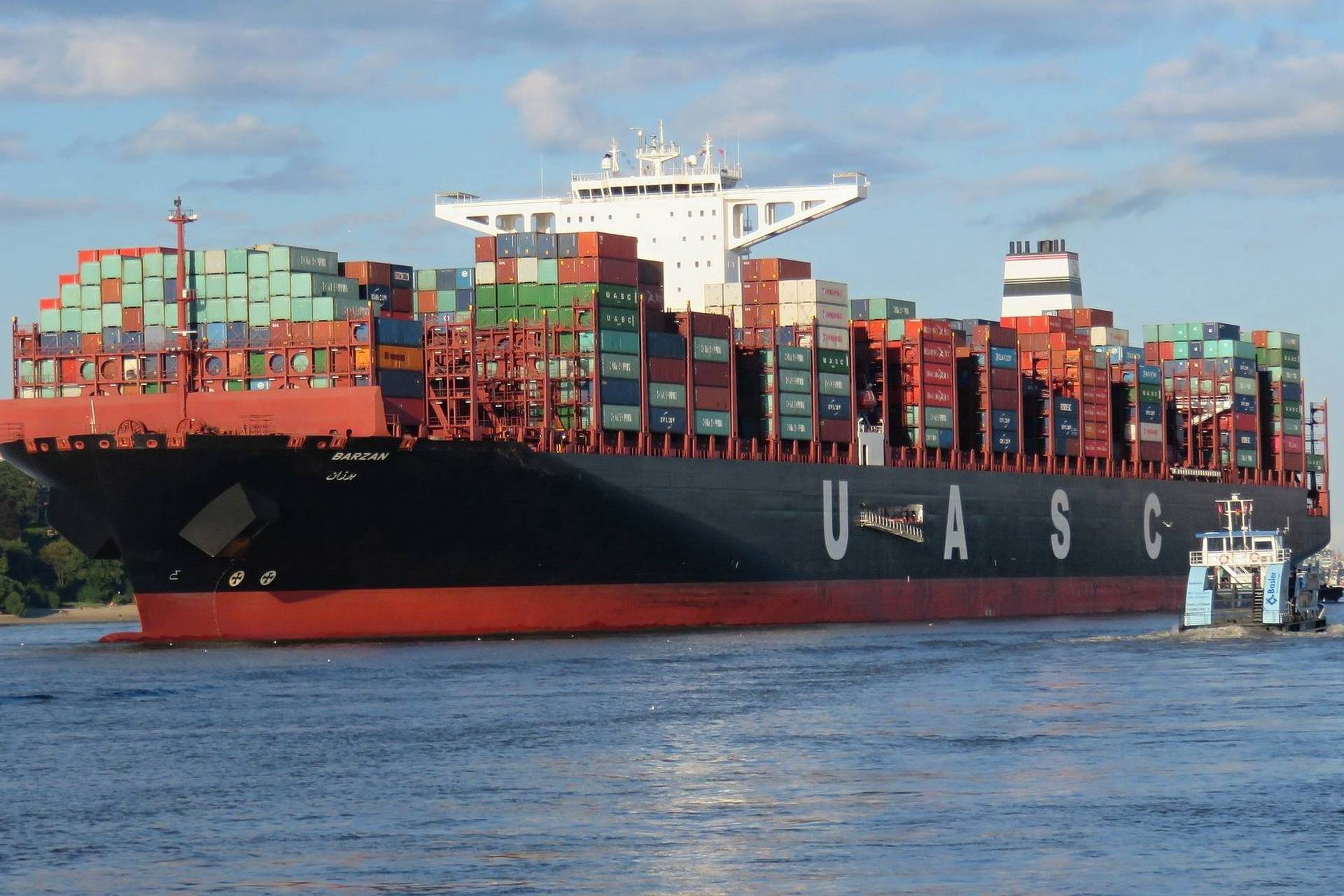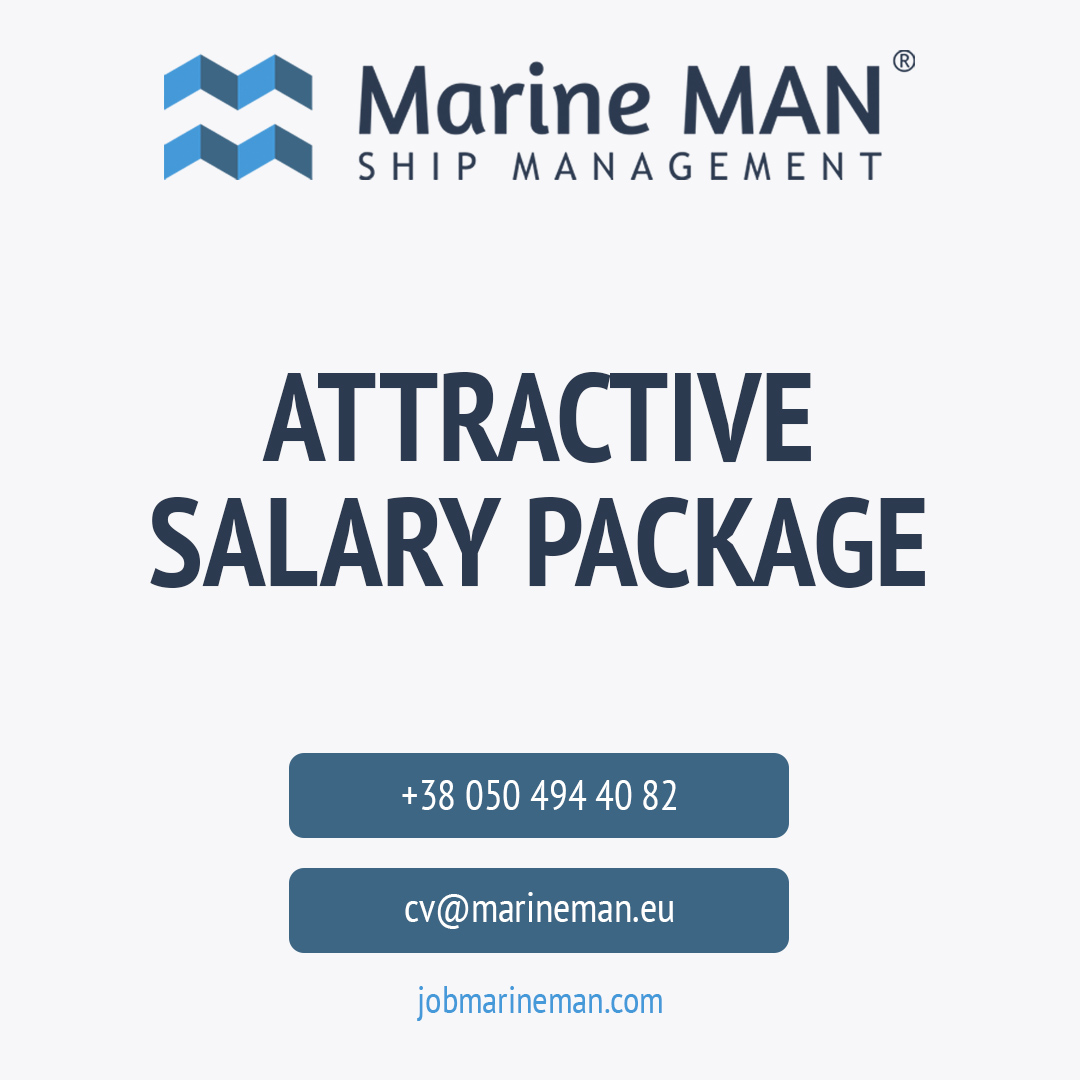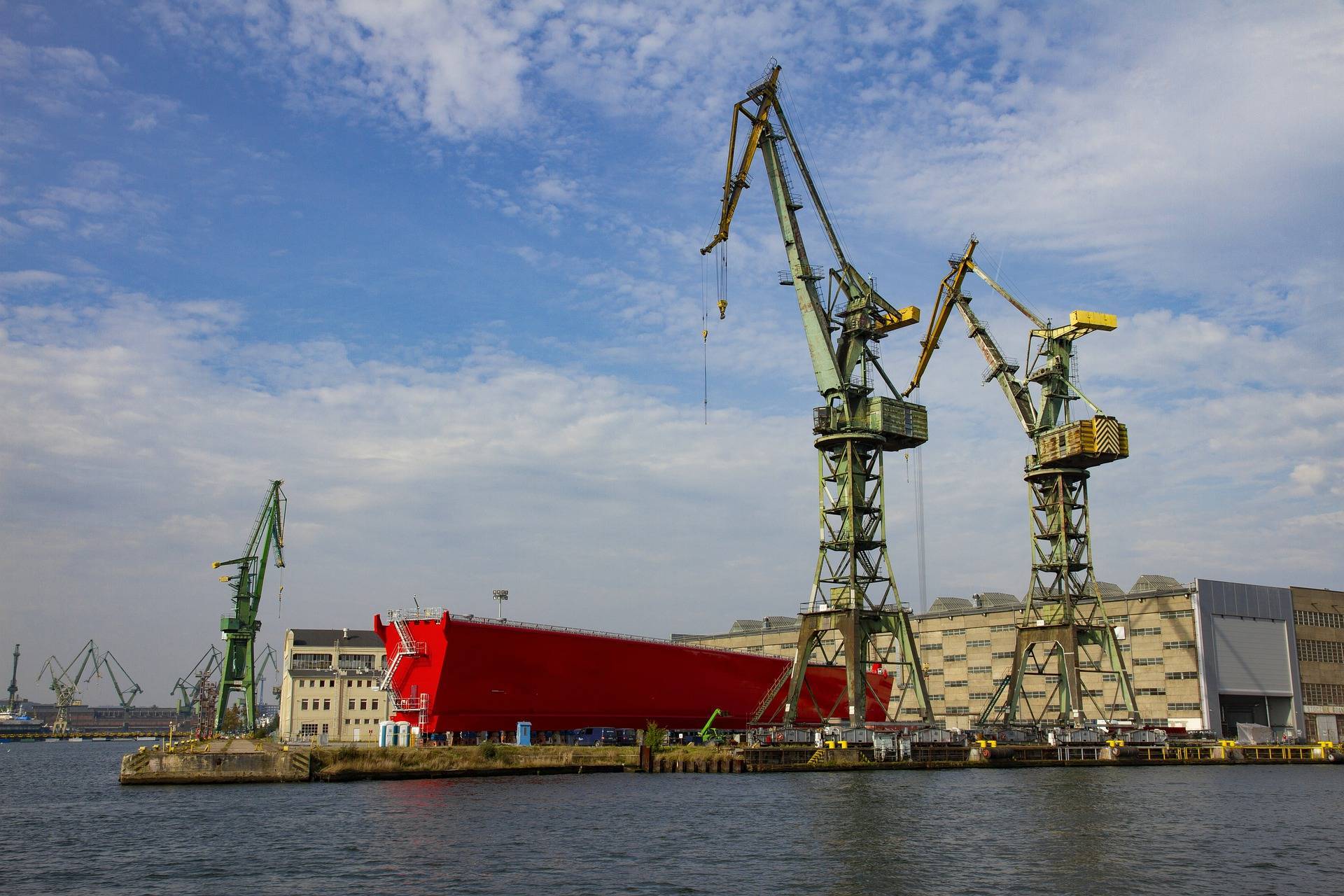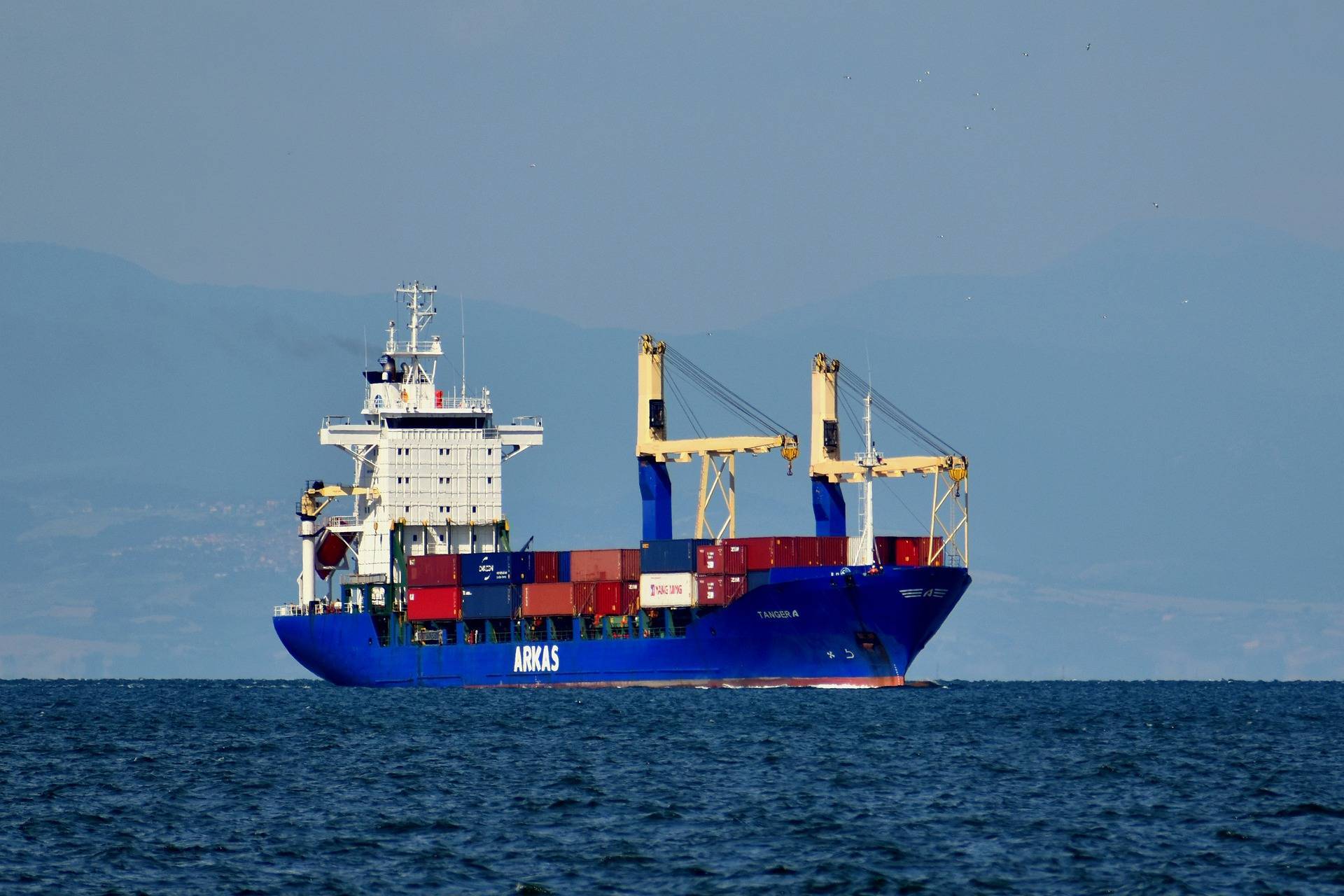In what cases the shipowner is obliged to pay repatriation

Automatic translation
What is repatriation? Translated from Latin, it means "return to the homeland." In maritime documentation and world shipping, this term is used in a situation when a seafarer needs to return home for one reason or another. Of course, in this case, various kinds of collisions may arise, associated with both unscrupulous shipowners and illiterate seafarers. Let's try to understand this issue.
Receiving repatriation from the ship owner
According to the "Convention on Labor in Maritime Navigation", among other rights of the seafarer is secured and receiving repatriation from the ship owner, and not at his own expense. However, there are a number of cases for this:
- the ship on which you work at sea is abroad and your contract of employment has expired;
- your contract is unilaterally terminated at the request of the ship owner;
- your contract is terminated on your initiative with justified reasons;
- the obligations specified in your employment contract cannot be fulfilled by you as a result of situations such as: ship breakdown (shipwreck), an injury you received, illness that does not allow you to fulfill your contractual obligations, the presence of a ship or sending it to the zone hostilities, as well as non-fulfillment by the ship owner of the obligations specified in the contract;
- you have an assumption or belief that the shipowner has abandoned you.
The "Convention" specifies the maximum period for which you must perform your work at sea before being eligible to receive repatriation at the expense of the shipowner. It is 12 months from the start date of the contract.
Among other things, it also contains a clause that unscrupulous shipowners often like to use. It states that the ship owner has no right to deduct from your salary or demand that you pay for repatriation yourself, unless you have committed serious violations of the terms of the employment contract. Agree that the wording is rather vague and allows shipowners to use it to their advantage.
One of the important points for newcomers who first went to work at sea contains the following information: “if on your first voyage you served at least 4 months, but decided that the conditions of life and work at sea are not suitable for you for one reason or another, then the shipowner is obliged to provide you with the opportunity to repatriate, not at your expense, from the next port of call. " This is an important point for beginners to be aware of.
 Maritime Labor Convention
Maritime Labor Convention
If, for any reason, the shipowner does not bear the costs of repatriation, then this responsibility should be assumed by the flag state of your vessel. In cases where the flag state also refuses to take on these responsibilities, you should first contact the consulate or embassy of your country. Let us also remind that on board each ship sailing under the flags of those states that have ratified the Maritime Labor Convention, copies of legal documents reflecting the right to repatriation must be freely available.
It is important to remember that on the part of the ship owner, the repatriation payment includes:
- travel (often by plane);
- accommodation in hotels and meals during travel to the place of repatriation;
- transportation of your luggage (up to 30 kg);
- if necessary - medical assistance;
- benefits and wages stipulated by the collective agreement.
Thus, knowing your rights and obligations as shipowners can help you avoid negative situations that can lead not only to the loss of earned money, but also threaten your life if you are "abandoned".



